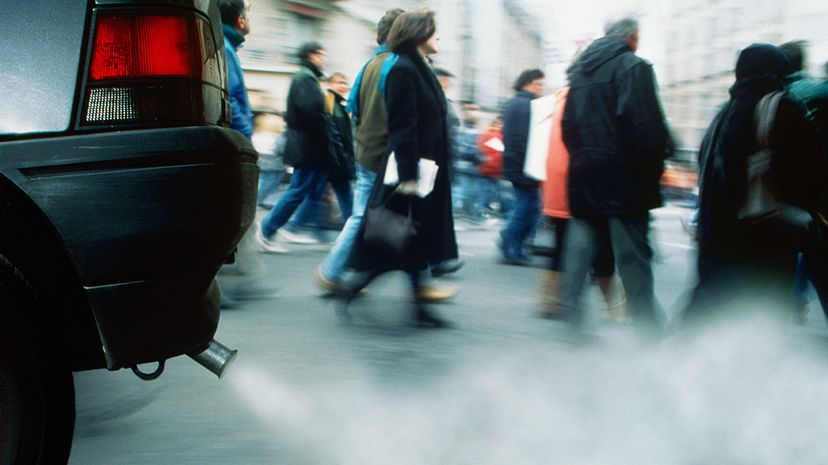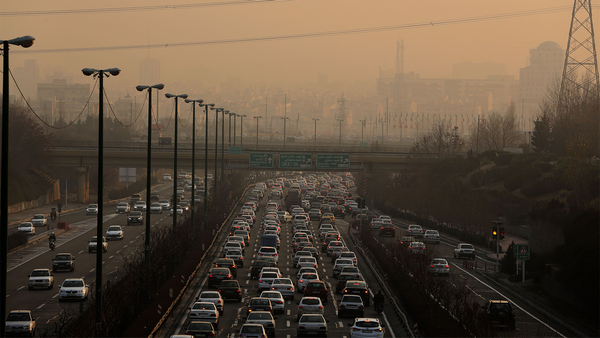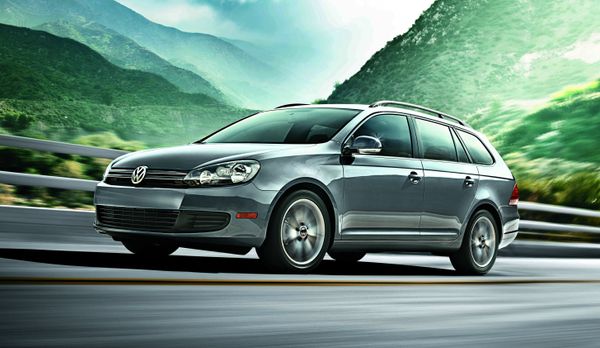
In days of old, the noxious black smoke billowing from diesel car tailpipes was enough to leave some people fuming. Diesels have long gotten a bad rap because of their toxic emissions, even though modern diesel cars can reduce fuel consumption. But now, researchers have published an international study in the journal Scientific Reports that shows modern diesel cars can emit less pollution than gasoline-run cars.
The team focused on passenger cars' tailpipe emissions, specifically those airborne particle solids and drops of liquid known as carbonaceous particulate matter (PM). Many of the inhalable particles commonly found in PM — such as dust, dirt and soot — are visible, but many particles are 30 times smaller than a strand of hair. PM forms when organic compounds and gases, including NOx (nitrogen oxides) and sulfur oxides (SOx), react in the atmosphere.
Advertisement
Carbonaceous PM, specifically, is highly toxic and composed of black carbon, primary organic aerosol (POA) and secondary organic aerosol (SOA). Most of the carbonaceous PM that comes from passenger car emissions is SOA, which at high levels cause health problems and can be risky to inhale. However, the U.S. Environmental Protection Agency established vehicle and fuel emissions testing to regulate emissions levels years ago.
Still, in 2015 millions of Volkswagen owners were bugged to find out that their diesel engines produced 40 times the legal limit of NOx, which can help form smog, acid rain and ozone. Even though diesel cars emit less carbon dioxide than gasoline-powered ones, they usually emit more NOx and harmful fine particulate matter. And since older diesel cars spit out a whole host of pollutants in line with earlier emissions standards, their environmental safety remains a topic of debate.
But newer diesel engines have particulate filters, which bar some of the pollutants from exhaust gas. The researchers found that gasoline cars have higher levels of carbonaceous PM and SOAs than modern diesel cars with particulate filters, after testing at both -7 Celsius (19 F) and 22 Celsius (72 F) in a lab setting.Quite a bit more tedious than the U.S. drive-up emissions testing, the team captured both diluted samples of the emissions and raw exhaust in real time.
"The gasoline cars emitted on average 10 times more carbonaceous aerosol at 22 °C and 62 times more at −7 °C compared to diesel cars," the researchers say in the study. The gasoline emissions were worse in lower temperatures because of the cold start, when the catalytic converter (a device that converts harmful pollutants to less toxic emissions) hasn't warmed up fully and combustion efficiency is poor. But the diesel cars emitted 10 times more NOx at both temperatures. So, the team posits, diesel cars don't always pollute the air more than gasoline cars — it depends on which pollutants are measured.
There are caveats: Lab data based on standard driving cycles isn't the same as real-world driving. Diesel cars may emit more pollutants than gasoline cars on longer journeys. And conditions the team didn't test, like driving at high speeds, could cause a significant difference in emissions. That's not to mention that particulate filters can produce more nitrogen dioxide, which can cause respiratory problems. The debate over whether diesel or gasoline is more environmentally friendly is seemingly endless, and this research doesn't provide a conclusive answer.
So, there is sure to be more research in the future, especially since The International Council on Clean Transportation reports that 107,600 premature deaths were linked to nitrogen oxide emissions from diesel vehicles in 2015. On the flip side, Tier 3, the EPA's emission and fuel standards aimed at scaling down tailpipe and evaporative emissions, is starting in phases in the U.S. and Canada between 2017 and 2025. It's estimated that this will result in the lowest real-world NOx emissions.
Advertisement

